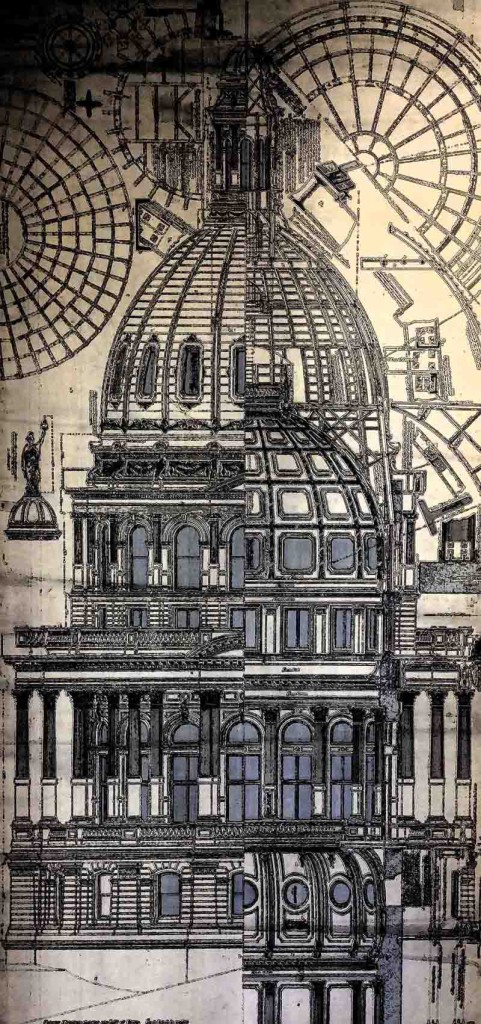
The group that would make it even easier for unaffiliated voters to participate in Colorado’s primary elections is circulating two different initiatives — an unusual move.
One, currently called No. 98, would open the current primary — held on the last Tuesday in June — to all unaffiliated voters; the other, No. 140, would restore Colorado’s short-lived presidential primary and open it to unaffiliated voters.
Both could pass without creating a conflict, said spokesman Curtis Hubbard of Let Colorado Vote. It is using two different companies to circulate the petitions.
No. 98 is particularly interesting because it would permit the parties to eliminate primaries altogether and select their general election candidates through conventions and assemblies.
That makes sense, since the rationale for the initiatives is that the unaffiliated currently have to pay for the parties’ primaries through taxes without having a say. The parties, being private organizations, have to pay for conventions and assemblies themselves.
It’s easy enough for unaffiliated voters to participate in primaries now. In mid-May the county clerks send out letters inviting them all to affiliate with one major party or the other by returning an enclosed form, or by signing up online. Or they can go to any local voting center on primary day and select a primary ballot then.
But apparently many of the unaffiliated consider it undignified to be associated with a specific party even for one day — although they want to vote in its primary.
Initiative No. 98 directs county clerks to send every unaffiliated voter a single combined ballot listing the primary candidates for each party. They’re allowed to cast the ballot of only one of them. They can choose to affiliate with the party but don’t have to. If they don’t, no record will be kept and they can vote in the other party’s election the next time.
If either party doesn’t like this system it would be allowed to change from nomination by primary election to nominating be assembly or convention. That choice must be made before Oct. 1 in the year preceding the election and must be approved by 75 percent of the central committee members. That’s an odd requirement to make of a private organization.
Initiative No. 140 would eliminate the caucus system for picking presidential candidates and restore the presidential preference election used only in 1992, 1996 and 2000. It was subsequently eliminated to save money.
The unaffiliated would be sent ballots for both parties but could vote for a candidate in only one. If a party has only one candidate for president no ballot need be sent out for that party.
The governor would pick the date of the primary, provided it fit with the parties’ national rules. It couldn’t be later than the third Tuesday in March.
National convention delegates selected by the parties would be allocated according to the popular vote and bound to vote for their candidate at the convention.
Bills similar to these initiatives were pondered by the legislature during the recent session but were voted down.
* * *
Just to be fair, shouldn’t reformers play by their proposed rules? Apparently they don’t think so.
Raise the Bar, a reform group that reeks of the Establishment, wants to make it harder to amend the state constitution.
Its initiative would require future initiated amendments to pass with a supermajority of 55 percent instead of the current 50 percent plus one. Furthermore, signatures for the initiative would have to come from at least 2 percent of the registered voters in each of the state’s 35 Senate districts.
Supporting the group are Gov. John Hickenlooper, Club 20, the Denver Metro Chamber of Commerce, the Aurora Economic Development Council, the Colorado Farm Bureau and the like.
They could have specified in the text that their own initiative must capture 55 percent of the vote in order to become law. But they didn’t. Perhaps this has something to do with another element of the proposal that isn’t mentioned much, if at all: namely that initiatives that would repeal any current provision of the state constitution can pass with only a simple majority, as now.
That is clearly aimed primarily at various provisions in the Taxpayer’s Bill of Rights, which is not loved by most of the Establishment organizations mentioned above. They’d love to see parts or all repealed.
The proposed initiative is opposed by the Independence Institute and its BFF, Colorado Common Cause.


